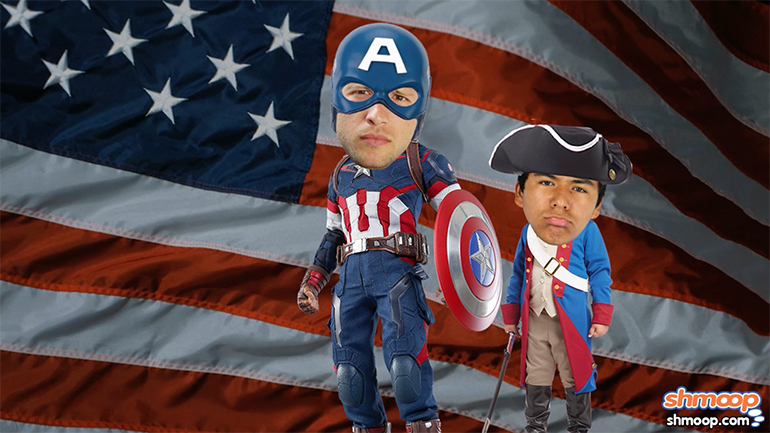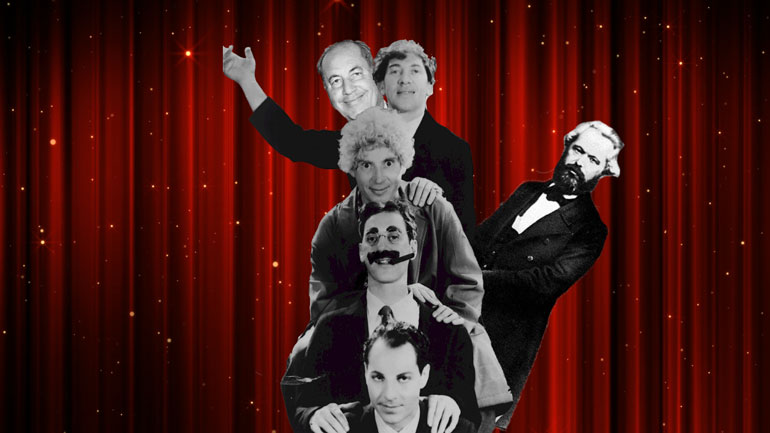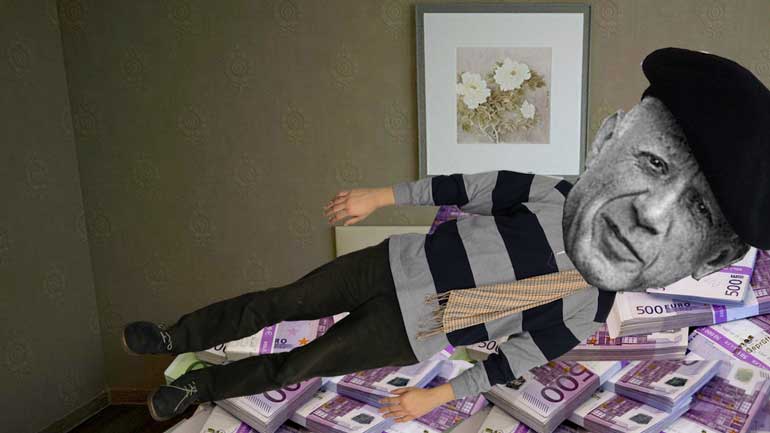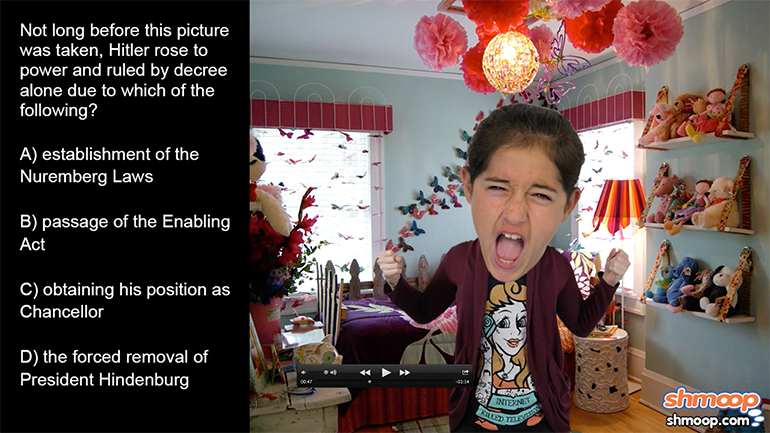ShmoopTube
Where Monty Python meets your 10th grade teacher.
Search Thousands of Shmoop Videos
Period 3: 1815-1914 Videos 9 videos
AP European History Period 3: 1815-1914 Drill 2, Problem 4. Paintings like the one depicted above were a direct reflection of what?
AP European History Period 3: 1815-1914 Drill 2, Period 1, Les Demoiselles d'Avignon represented the beginning of which of the following art m...
AP European History 1.4 Period 3: 1815-1914. As evidenced through the passage above, Karl Marx was a passionate leader and is considered the father...
AP European History 1.2 Period 3: 1815-1914 9 Views
Share It!
Description:
AP European History 1.2 Period 3: 1815-1914. Due to their focus on the hardships endured by the working class, Marxists believed that human behavior would change for the better with the end of which of the following?
Transcript
- 00:03
And here's your shmoop du jour brought to you by mechanization which
- 00:07
despite how cool it sounds is unfortunately just the integration of [Machine operating]
- 00:11
machinery into labor processes..we were really hoping for humans becoming
- 00:16
part robot in order to battle super villains and save humanity once and for [Man becomes half robot]
- 00:21
all let's try and swallow our disappointment and take a look at this
Full Transcript
- 00:23
passage the Communists disdain to conceal their views and aims. They
- 00:27
openly declare that their ends can be attained only by the forcible overthrow
- 00:30
of all existing social conditions Let the ruling classes tremble at a communistic
- 00:34
revolution the proletarians have nothing to lose but their chains, they have a
- 00:39
world to win working men of all countries unite! Yeah okay here's a
- 00:44
question due to their focus on the hardships endured by the working class
- 00:48
Marxists believe that human behavior would change for the better with the end
- 00:53
of which of the following and here are your potential answers well it's true our boy
- 00:58
Karl love to focus on hardships and struggles you can kind of compare him to [Young boys pushing an object]
- 01:04
that one friend who always has something to complain about you know
- 01:07
like how the starbucks barista totally didn't use skim milk or how their [friend moaning]
- 01:11
brand-new iphone is too big to fit in their pocket but instead of that it's
- 01:15
more like how capitalism brought about struggles and tension between the [People fighting in a street]
- 01:20
classes we're still trying to figure out which one would be more annoying to
- 01:23
spend an entire day with so what did Marx think needed to end before this
- 01:28
struggle could well while Marx did believe that religion suppressed people
- 01:31
he didn't think this was the root of the class struggle so A) doesn't fit the bill [Tree roots in the ground]
- 01:35
but don't let anyone tell you the class struggle isn't real you try staying
- 01:39
awake in an 8am history of rice pudding course we put in a good effort but we [Boy falling asleep in class and a glass of rice pudding appears]
- 01:44
just couldn't rice to the occasion - Well Marx believed that the struggle
- 01:48
of the property owners and the workers was directly linked to war he didn't
- 01:52
believe that ending war would end the struggle he actually believed that war [Army soldier with a gun]
- 01:55
was a result of that tension and that ending the tension would put an end to
- 02:00
the war and Marx through that mechanization aka the introduction of
- 02:04
machinery into labor processes actually made labor harder on the working class [People working hard in a factory]
- 02:08
which while an interesting theory might be disagreed with by a few
- 02:13
farmers we know which leaves us with D) Marx's emphasis was on capitalism and he
- 02:19
believed that the basic fight between the two classes was the fight over
- 02:22
property. Marx thought that by replacing private ownership with communal [Hand replaces private ownership for communal ownership]
- 02:27
ownership life would have less conflict overall though we're pretty sure life
- 02:31
would have less conflict if humans became crime fighting half robot just [Man with a robot body appears]
- 02:35
a thought...
Related Videos
AP European History Period 3: 1815-1914 Drill 2, Period 1, Les Demoiselles d'Avignon represented the beginning of which of the following art m...
AP European History Period 3: 1815-1914 Drill 2, Problem 4. Paintings like the one depicted above were a direct reflection of what?
AP European History 1.4 Period 3: 1815-1914. As evidenced through the passage above, Karl Marx was a passionate leader and is considered the father...
AP European History Period 1: 1450-1648 Drill 2, Problem 1. As a result of the meeting in the image, which of the following occurred?
AP European History 1.2 Period 4: 1914-Present Not long before this picture was taken, Hitler rose to power and ruled by decree alone due to which...







